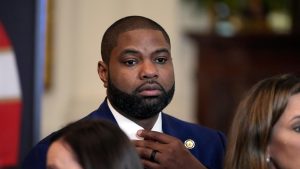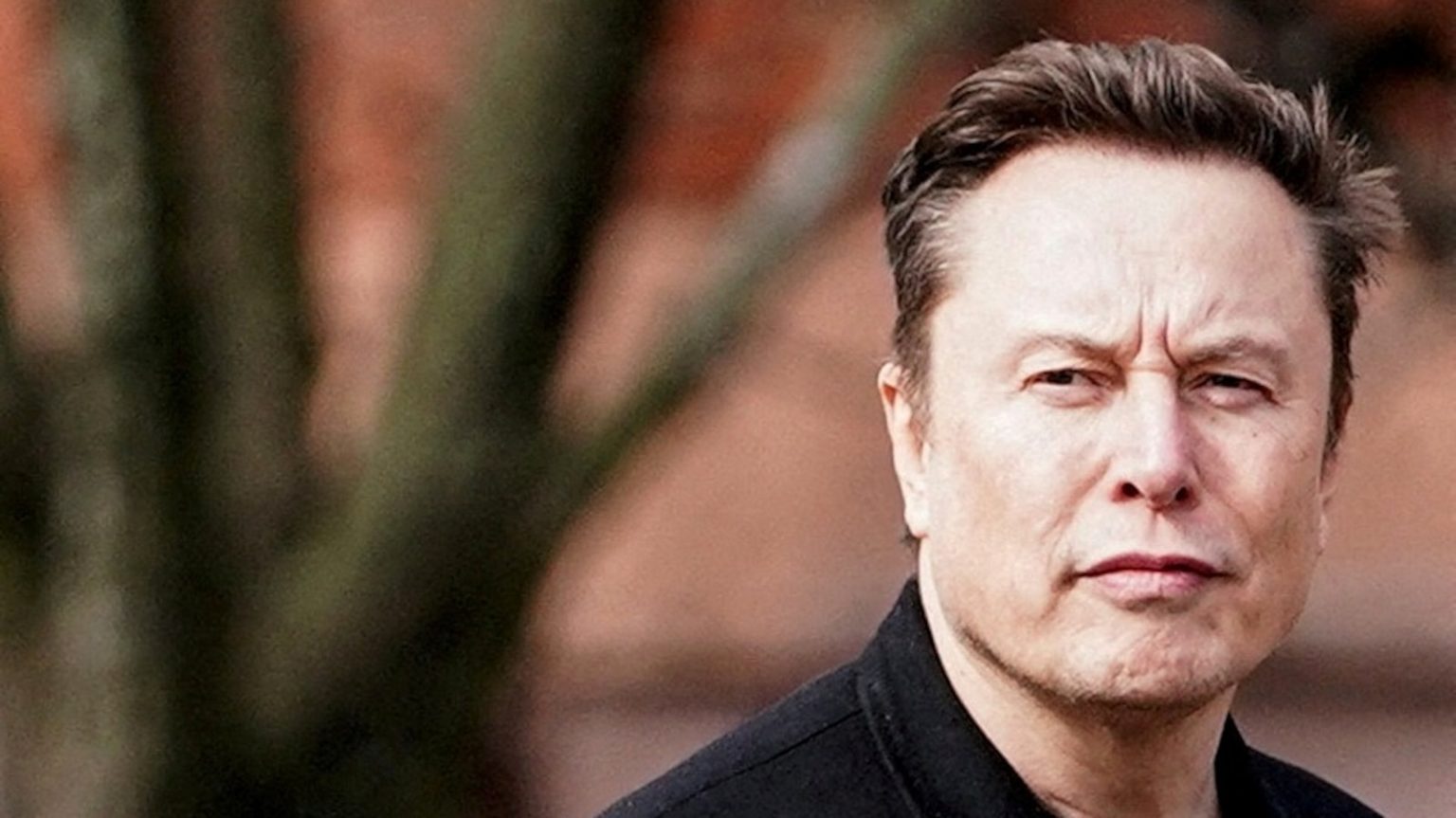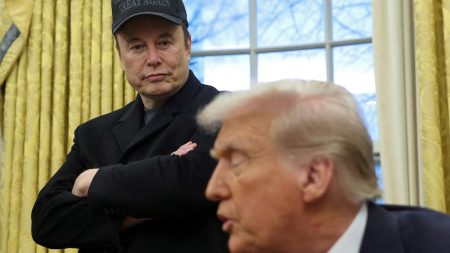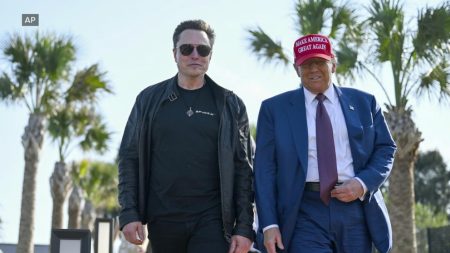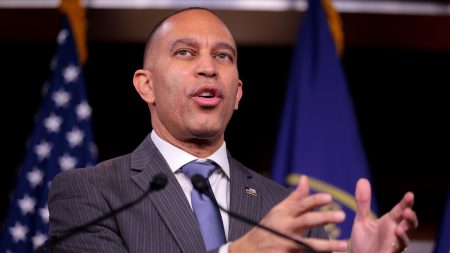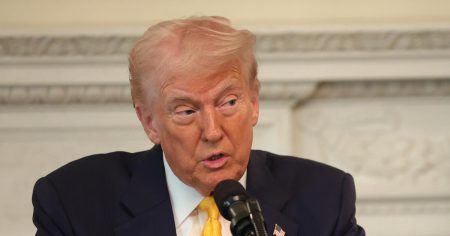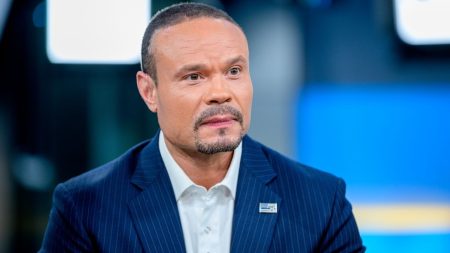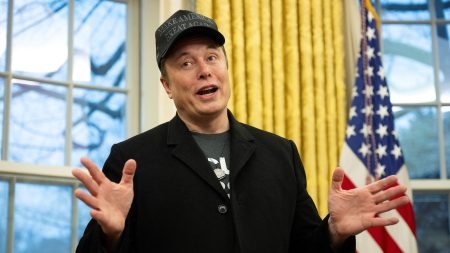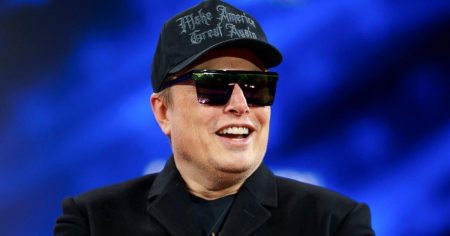The Elon Musk Government Controversy: A Constitutional Showdown
Introduction to the Controversy
Elon Musk, the world’s richest man, has found himself at the center of a constitutional firestorm. To his critics, Musk operates as an unelected and unaccountable government official, wielding expansive executive power in violation of the U.S. Constitution. To former President Donald Trump, however, Musk is a trusted adviser and authorized deputy, leading an unconventional but legal campaign to downsize federal agencies. Now, a pair of lawsuits is shining a spotlight on the legality of Musk’s role as the de facto administrator of the Department of Government Efficiency, or DOGE. Federal courts—and potentially the Supreme Court—will soon decide whether Musk’s position complies with the Constitution’s appointments clause. The outcome could sideline Musk and undo the changes he has authorized regarding federal agencies, property, staffing, and policy, though legal experts say the result is far from certain.
The Appointments Clause and Its Implications
At the heart of the legal debate is the Constitution’s appointments clause, which requires the president to appoint officers of the U.S.—such as ambassadors, Cabinet secretaries, and Supreme Court justices—only with the advice and consent of the Senate. The clause also allows the president to appoint "inferior officers" without Senate confirmation, but only if Congress has explicitly authorized the positions through legislation. Musk has not been confirmed by the Senate, and Trump created the DOGE by executive order without congressional involvement. Constitutional law scholars argue that Musk’s role goes far beyond what is permissible under the appointments clause. For example, James Sample of Hofstra University contends that Musk "manifestly answers only to Trump" while wielding vast power, making him the "Platonic form of a principal officer" who requires Senate confirmation.
Elon Musk’s Role and Its Far-Reaching Implications
The White House has defended Musk’s position by classifying him as an unpaid "special government employee," a status created by Congress in 1962 for temporary executive branch hires with limited duties lasting no more than 130 days. However, plaintiffs in the lawsuits—a coalition of 14 states and a group of federal civil servants—argue that Musk has acted as an "officer of the U.S." with authority exceeding that of a mere employee. They allege that Musk has made decisions on agency expenditures, contracts, government property, and regulations, while also gaining access to vast amounts of sensitive government data. Legal experts like Sample dismiss the notion that Musk’s "special government employee" designation is credible, given the depth and breadth of his access, authority, and autonomy.
The Legal Battle: Arguments For and Against Musk
The Supreme Court has defined "officer of the U.S." as someone exercising significant authority under federal law, either requiring Senate confirmation or supervision by a confirmed official. Critics argue that Musk’s role clearly fits this definition. Sarah Isgur, a former Justice Department official and ABC News legal contributor, believes Musk’s opponents have a strong case, stating, "He’s obviously an ‘officer of the U.S.’" However, Musk’s "special government employee" title, which has never been tested in court, could provide some legal cover for his defense. The administration has also advanced a novel legal theory, arguing that the president has near-unlimited authority to hire and fire within the executive branch. White House press secretary Karoline Leavitt has defended Musk’s role, emphasizing the need for accountability in federal spending.
The White House Defense and Its Potential Pitfalls
Despite the administration’s arguments, legal scholars caution that ambiguity surrounding Musk’s precise actions could complicate the lawsuits. Josh Blackman, a constitutional law professor at South Texas College of Law, notes that the early lawsuits may "flame out" because the public remains largely in the dark about Musk’s behind-the-scenes activities. Blackman suggests that as long as a confirmed government official is ultimately responsible for key decisions, Musk may not hold "actual substantial authority." However, this argument may not hold water if courts determine that Musk’s influence is undeniable. The lawsuits are still in their early stages, and legal experts predict that the cases could take months to resolve. Even if the courts rule against Musk, the practical impact may be limited, as the "de facto officer" doctrine could preserve his actions if another official later ratifies them.
The Broader Implications for the Future
The stakes of this legal battle extend far beyond Musk’s individual role. James Sample warns that the administration’s approach to constitutional governance could have long-term ramifications, eroding the checks and balances enshrined in the Constitution. Sample describes the administration’s strategy as "transactional" and calculated, with Musk being "more or less untouchable" even if the courts rule against him. Should the White House lose, it could either "retrofit" Musk’s actions to gain retroactive approval from a confirmed official or push for Senate confirmation—though the latter seems unlikely given the political landscape. Regardless of the outcome, the controversy underscores a broader tension between constitutional principles and the expanding power of the executive branch. As the legal drama unfolds, one thing is clear: the role of Elon Musk in government will remain a defining issue of this era, with far-reaching consequences for the future of U.S. governance.
